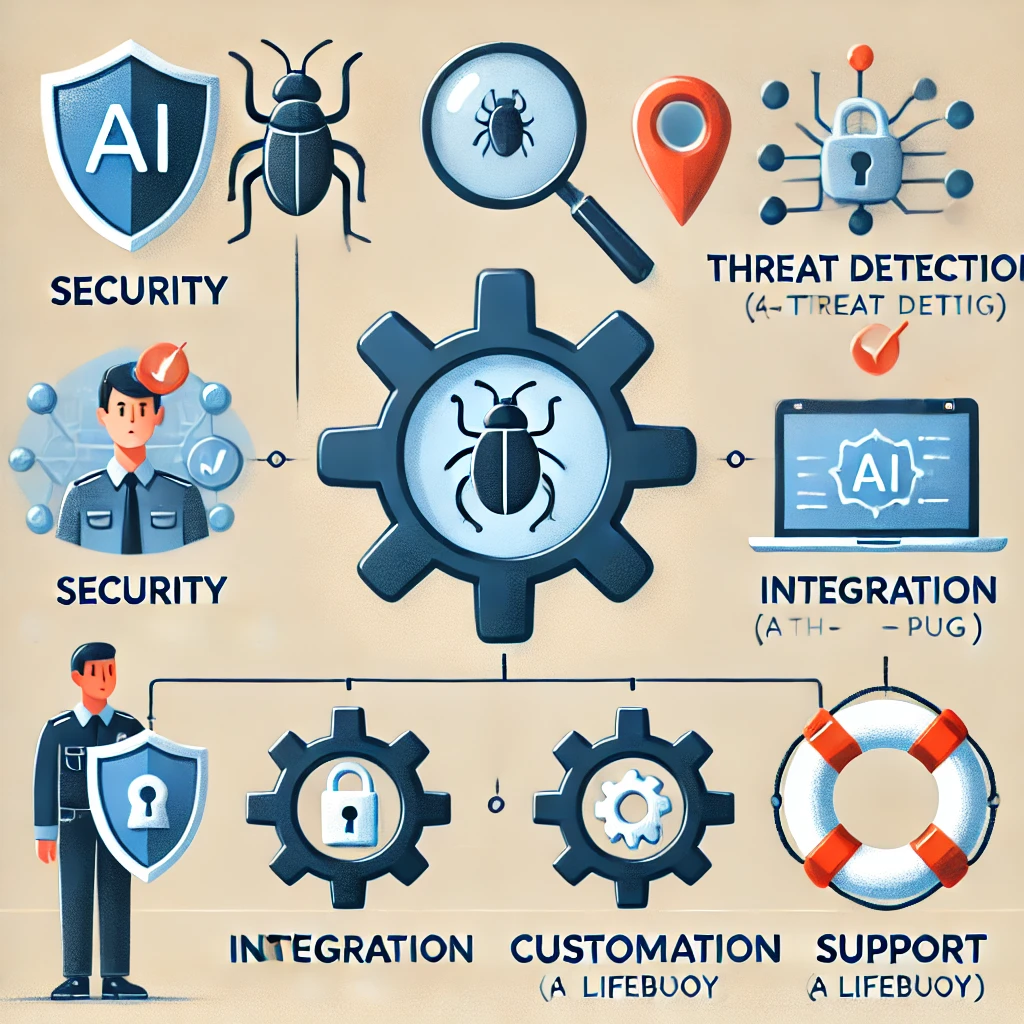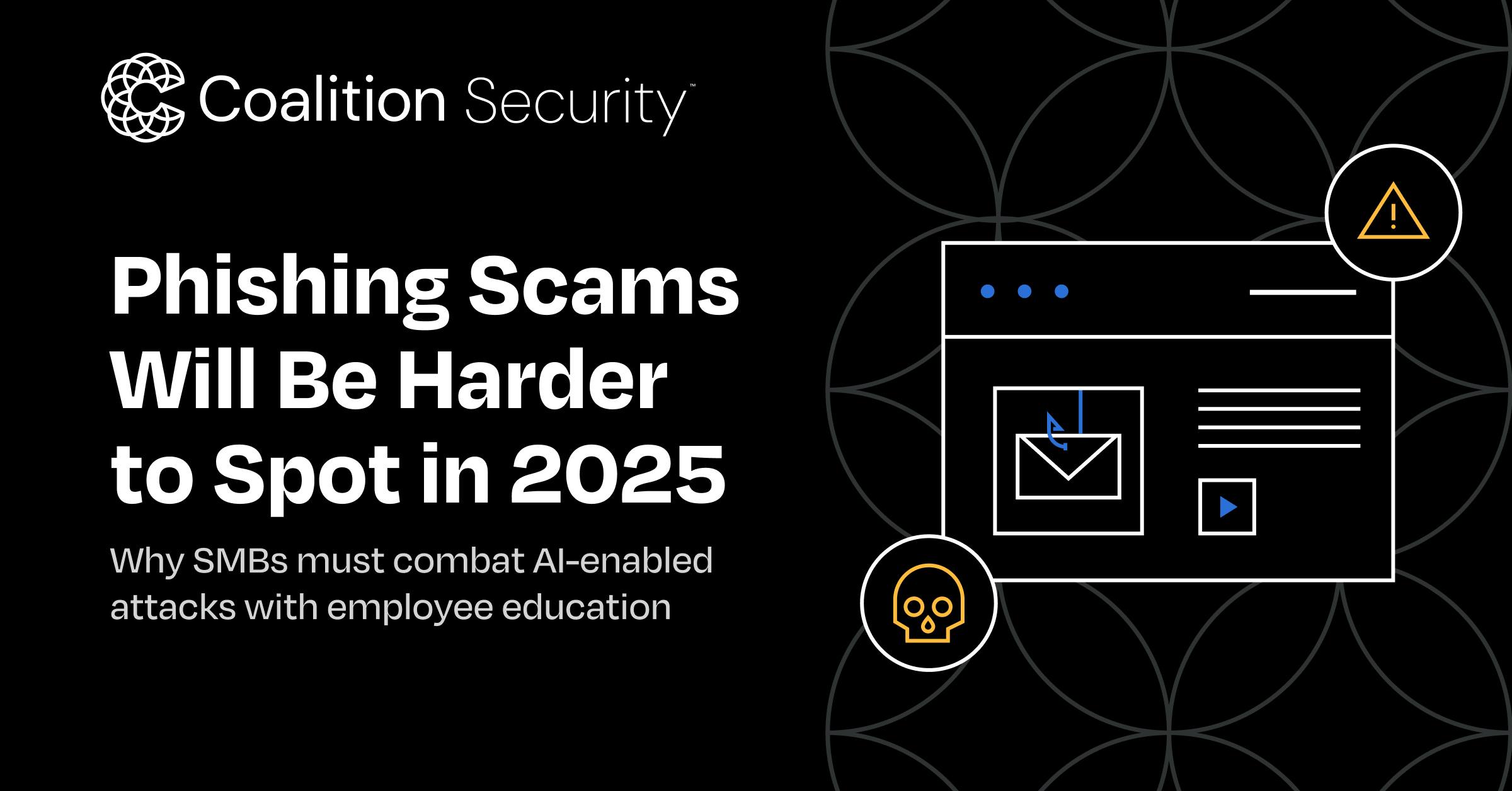Spain is taking bold action to tackle concerns around AI-generated content. The government has approved a bill requiring all AI-generated content to be labeled clearly, with non-compliance classified as a serious offense. Companies failing to meet these guidelines could face fines of up to €35 million or 7% of their global annual revenue. This move reflects growing unease about the misuse of AI, particularly in creating deepfakes and other deceptive media.
The new policy aligns with the European Union’s AI Act, which focuses on enforcing transparency for high-risk AI systems. As one of the first EU countries to implement these regulations, Spain is signaling its commitment to holding AI developers accountable. This initiative not only sets stricter standards but also highlights the broader challenges AI poses, from manipulating audiences to compromising trust in digital content.
Overview of Spain’s AI Labeling Mandates
Spain has made a bold statement in the rapidly evolving landscape of artificial intelligence regulations. By mandating that AI-generated content must be clearly labeled, Spain aims to ensure transparency while protecting citizens from the misuse of advanced technologies like deepfakes and targeted manipulation. This section explores the penalties for non-compliance and how Spain’s actions align with the broader EU AI Act.
Penalties for Non-Compliance
Spain’s AI labeling mandates are backed by some of the most severe penalties seen in global AI-related legislation. Companies failing to comply may face fines of up to €35 million or 7% of their global turnover, whichever is higher. This is no small price to pay, and the government’s message is clear: non-compliance is unacceptable.
Non-compliance is classified as a “serious offense” and includes actions like:
- Failing to label AI-generated content accurately: Whether it’s a deepfake used in media or a chatbot’s interactions, unmarked AI-generated material is a direct violation.
- Using AI for manipulative purposes: Subliminal techniques to exploit vulnerable populations, such as children or individuals with addictive behaviors, are explicitly forbidden.
- Violations involving biometric data: Using AI to classify or influence behavior without consent is another clear breach of these mandates.
Spain’s penalties include tiered levels based on the severity of the offense, ensuring that even smaller companies understand their responsibility. Oversight falls under the newly formed Spanish AI Supervision Agency (AESIA), which will also monitor sector-specific use cases, from elections to insurance.
EU AI Act and Spain’s Role
Spain’s legislation doesn’t exist in isolation. It helps enforce and advance the goals of the EU AI Act, which takes effect in February 2025. Together, these frameworks aim to create a transparent and ethical AI ecosystem across Europe. Spain’s proactive stance also positions it as a leader in aligning national law with EU-level directives.
The EU AI Act classifies AI systems into risk levels, with requirements for transparency naturally scaling with the associated risks. Spain’s emphasis on labeling underscores the critical importance of disclosure, particularly for “high-risk” systems that directly impact public trust. Whether you’re encountering AI in healthcare, financial ratings, or even creative fields, knowing it was machine-generated is no longer optional—it’s required.
This move also addresses societal concerns. As AI continues to blend reality and fabrication, the Spanish government, along with the EU, is making it clear that informed users are essential to ensuring fair, ethical AI development. For instance, ensuring that deepfake creators label their content accurately significantly reduces potential harm from misused generative AI tools.
By prioritizing accountability and transparency, Spain not only avoids the pitfalls of unregulated tech advancements but also sets an example for global partners. In contrast to the United States, where AI compliance often relies on voluntary standards, Spain is taking a centralized, structured approach. It’s a shift that ensures users remain aware—and protected—when engaging with any form of AI-assisted content.
For more insights into how Spain’s latest initiatives differ from global AI standards and where the future of AI governance is headed, check out Spain Leads AI Transparency Worldwide.
Impact on Businesses and Industries
The new regulations requiring clear labeling of AI-generated content in Spain have sent ripples through multiple industries. Companies now face the dual challenge of adapting their operations to comply with the law while maintaining their competitive edge. Here’s a closer look at the industries most affected and the hurdles they face in implementing these changes.
Key Industries at Risk
Some businesses are more vulnerable to these regulatory updates, particularly sectors that heavily rely on AI for content production.
- Advertising and Marketing: AI tools are often used to create targeted campaigns, generate ad copy, and design visual content. These tools enable companies to scale up their creative output rapidly. However, under Spain’s strict labeling laws, businesses must now identify what portion of their campaigns are AI-generated. This adds layers of scrutiny that can slow down project timelines and increase compliance costs.
- Media and Entertainment: Journalists and content creators frequently leverage AI to automate article writing, video generation, or photo editing. While it’s a time-saver, the industry is now at risk of fines if this content isn’t properly labeled. Outlets producing AI-enhanced content face losing audience trust if transparency isn’t prioritized, exacerbating the reputational risks.
- Technology Sector: AI developers and platforms that provide generative tools stand to lose more than just money. Non-compliance could mean reduced consumer confidence in their products. These tech firms also bear extra responsibility to ensure downstream users follow compliance guidelines, especially for customer use cases like synthetic media or deepfake generation. Learn more about deepfake detection tools available today.
- E-commerce: Chatbots and AI-generated product descriptions are staples of modern e-commerce. The task of labeling this content could complicate workflows, impacting efficiency and user experience across platforms.
These industries aren’t just dealing with inconvenience—they risk heavy fines and irreparable reputational harm if they fail to comply.
Challenges in Adapting to New Requirements
Adjusting to Spain’s new AI labeling rules isn’t a simple task, even for well-resourced businesses. Implementing these changes entails both technical and operational hurdles.
- Technology Overhaul: Many companies lack the infrastructure to track and label AI-generated content automatically. Retrofitting existing systems or purchasing new software to handle compliance can be a substantial financial burden.
- Human Oversight Costs: While automation handles the bulk of AI production, human intervention is often needed to ensure accuracy in labeling and compliance. Additional staff training or hiring compliance officers could weigh heavily on businesses, especially smaller firms.
- Cross-Border Complexity: For companies operating internationally, aligning Spain’s stringent requirements with less demanding regulations elsewhere in the EU or globally creates confusion. Businesses must navigate a maze of compliance rules, tailoring their approach for each market.
- Productivity Trade-Offs: Some industries may find themselves slowing down production cycles to ensure full compliance with AI-labeling requirements. This could undermine their ability to respond quickly to market trends.
These challenges highlight why companies must act proactively. Simply reacting won’t suffice. Strategic planning and investments in adaptable technologies are essential. If you’d like a broader perspective on how AI impacts industries globally, I recommend reading How AI Is Transforming Online Fraud and How to Protect Yourself.
Spain’s bold move is a wake-up call for businesses everywhere. Preparing now could position companies not only to comply but also to thrive in an era of increasing AI accountability.
Deepfake Concerns Highlighted by the Regulations
One of the key drivers behind Spain’s strict AI labeling regulations is the growing threat posed by deepfakes. These AI-generated depictions can blur the line between reality and fabrication, creating serious challenges for society. By requiring clear labeling of AI-generated material, the Spanish government aims to counteract the dangers of deepfake technology before it spirals out of control.
Why Deepfakes are a Top Concern
Deepfakes present a unique set of risks that extend across various facets of society, making them a primary focus of Spain’s AI regulations. While the technology has vast potential for innovation, it also holds the power to deceive, manipulate, and harm.
Some of the most concerning societal issues caused by deepfakes include:
- Misinformation Spread: Deepfakes enable the creation of hyper-realistic fake videos and audio. This has been exploited in political campaigns and international relations to spread false information. A well-known example is the video that falsely depicted a prominent politician endorsing radical policies, only to be debunked too late to undo the public’s initial reaction. The damage to public trust, once done, is often irreparable.
- Fraud and Scams: In the financial sector, deepfakes have already been used to defraud companies. Imagine receiving a video call from what appears to be your CEO, instructing you to authorize a wire transfer. The implications for both individual and corporate security are staggering. Learn more about rising AI-driven scams.
- Loss of Public Trust: In a world overwhelmed by manipulated content, people grow more cynical about everything they see online or in traditional media. This erosion of trust affects democracy, journalism, and even personal relationships, with individuals second-guessing whether interactions or statements are authentic.
- Identity Harassment: Deepfakes have been weaponized to create revenge porn or to impersonate individuals in harmful ways. Such content can ruin lives, with victims often finding it nearly impossible to recover their reputations or eliminate content completely from the internet. For a deeper look into tools combating deepfakes, see this guide.
Given these concerns, Spain’s legislation isn’t just timely—it’s essential. Clear labeling requirements aim to prevent the misuse of deepfake technology by alerting viewers to manipulated content. This step could help mitigate societal risks while enabling legitimate uses of generative AI.
By addressing deepfakes directly, Spain is signaling that the societal costs of unchecked AI far outweigh any short-term benefits of less regulation.
AESIA: Spain’s Supervisory Body for AI Implementation
To enforce its pioneering AI regulations, Spain has established AESIA (Agencia Española de Supervisión de la Inteligencia Artificial), a supervisory agency dedicated to overseeing the ethical implementation of AI technologies. AESIA’s responsibilities extend across a range of sectors, ensuring compliance with Spain’s rigorous labeling policies and safeguarding public welfare.
How AESIA Will Operate
AESIA is designed as a centralized authority that monitors and enforces AI-related laws across Spain, ensuring robust transparency and accountability. Its scope of work includes handling complex areas like biometric data usage and AI-driven systems used in emotionally or psychologically sensitive industries like gambling.
Here’s what AESIA will oversee:
- Biometric Data Compliance: One of AESIA’s most critical functions concerns how AI applications handle personal, sensitive data. Any implementation of AI trained to analyze physical traits like facial recognition or voice patterns must fully comply with Spain’s stringent privacy standards. Legal safeguards will prevent misuse or unauthorized collection of biometric data.
- Gambling Manipulation via AI: Gambling industries have increasingly embraced AI tools to predict and influence user behavior. While beneficial in setting betting limits or detecting fraud, these systems can also exploit addictive tendencies. AESIA will closely regulate such algorithms to ensure they do not prey on vulnerable individuals.
AESIA’s ability to dive into niche areas while keeping a broader regulatory outlook makes it pivotal in navigating Spain’s tough stance on AI compliance. Its multi-sector oversight ensures no industry bypasses ethical obligations, whether intentional or through ignorance.
Coordination With Other Regulatory Bodies
AESIA will not operate in isolation. The complexities involved in regulating AI in a tech-dependent world necessitate seamless coordination across various sectors and government agencies.
Here’s how AESIA collaborates to avoid jurisdictional overlaps:
- Data Protection Agencies: Since much of AI enforcement intersects with privacy concerns, AESIA works hand-in-hand with Spain’s data protection regulator. Together, they ensure that AI adoption aligns with GDPR guidelines, especially in scenarios involving personal information.
- Sector-Specific Oversight: Some industries, such as healthcare or banking, already come under existing supervisory bodies. AESIA focuses on AI-related compliance while leaving field-specific regulations to these agencies. This division ensures regulatory expertise without redundancy.
- International Cooperation: Given the cross-border implications of AI, Spain has assigned AESIA the additional role of acting as a liaison with EU regulatory bodies. AESIA is responsible for ensuring Spain’s compliance with the broader EU AI Act while also advocating for policies that address domestic concerns.
This coordination model ensures clear lines of accountability while avoiding gaps or redundancies in enforcement. Ultimately, AESIA’s presence streamlines Spain’s ambitious AI oversight framework and sets a benchmark other countries may well follow.
For a broader exploration of how global regulation is adapting to the rise of AI, refer to Why Crypto Scams Are Skyrocketing in 2024 and Simple Ways to Protect Your Investments which discusses regulatory trends outside of Spain’s scope.
Conclusion
Spain’s firm stance on AI transparency sends a clear message: unchecked advancements are no longer acceptable. These regulations demand accountability and ensure individuals can trust the content they consume. Businesses must now navigate the challenge of adapting to these standards without compromising their operations or reputations.
The broader implications of Spain’s policies reflect a global shift toward tighter AI governance. As more nations follow suit, companies need to prioritize ethical practices and robust compliance strategies. For a closer look at how AI-driven practices are reshaping multiple sectors, explore Protecting Your Investments: Avoid Cryptocurrency Scams in 2025.
This is a pivotal moment for both consumers and businesses. Adopting transparency not only aligns with legal expectations but also fosters trust in an increasingly AI-integrated world.






